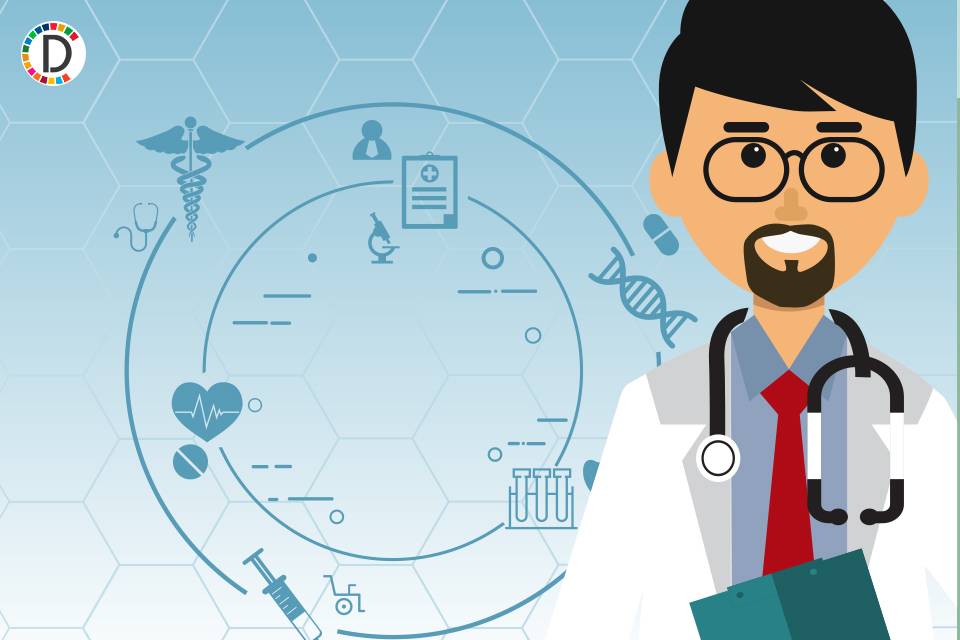Germany must suppress virus now or risk losing control, Merkel aide says
Germany must bring down coronavirus infections in the next few weeks or risk new virus mutations that are resistant to vaccines, and should impose night-time curfews in regions with high caseloads, said a top aide to Chancellor Angela Merkel. "We are in the most dangerous phase of the pandemic," Merkel's chief of staff Helge Braun told the Bild am Sonntag newspaper.

Germany must bring down coronavirus infections in the next few weeks or risk new virus mutations that are resistant to vaccines, and should impose night-time curfews in regions with high caseloads, said a top aide to Chancellor Angela Merkel.
"We are in the most dangerous phase of the pandemic," Merkel's chief of staff Helge Braun told the Bild am Sonntag newspaper. "The next few weeks will determine whether we can foreseeably get the pandemic under control." If the number of infections rises rapidly again there is a growing danger that the next virus mutation will become resistant to the vaccine, Braun said.
"Then we would need new vaccines, then we would have to start vaccinating all over again," he added. After a popular backlash and legal hurdles, Merkel was forced to ditch plans for an extended Easter holiday intended to try to break a third wave of COVID-19, but Braun said it remained imperative to reduce the number of infections.
In regions where the number of cases per 100,000 people in the last seven days is more than 100, he spoke out in favour of additional curbs. "That's where regional curfews in the evening and at night can help, because we have the highest infection rates at meetings in people's homes," he said Coronavirus infections have risen sharply in Germany in recent weeks, driven by a more transmissible variant of the virus and moves to ease some restrictions.
On Saturday, the number of confirmed coronavirus cases in Germany increased by 20,472, while the reported death toll rose by 157, according to data from the Robert Koch Institute for infectious diseases. Braun said he expected the infection situation to ease in May, helped by the impact of vaccinations and the onset of warmer weather. "By Whitsun (May 23) we will see the first positive effects - provided the situation doesn't get out of hand by then."
(This story has not been edited by Devdiscourse staff and is auto-generated from a syndicated feed.)
- READ MORE ON:
- Angela Merkel
- Robert Koch Institute
- Germany
- Bild
- Coronavirus
- Merkel
- Easter
- Helge Braun
- Braun
ALSO READ
Russian personnel expelled from NATO headquarters, Stoltenberg tells Bild
CORRECTED (OFFICIAL)-Russian personnel expelled from NATO headquarters, Stoltenberg tells Bild
Spain's Basque separatist party Bildu could win regional ballot
Germany summons Russian ambassador after sabotage arrests, reports Bild










